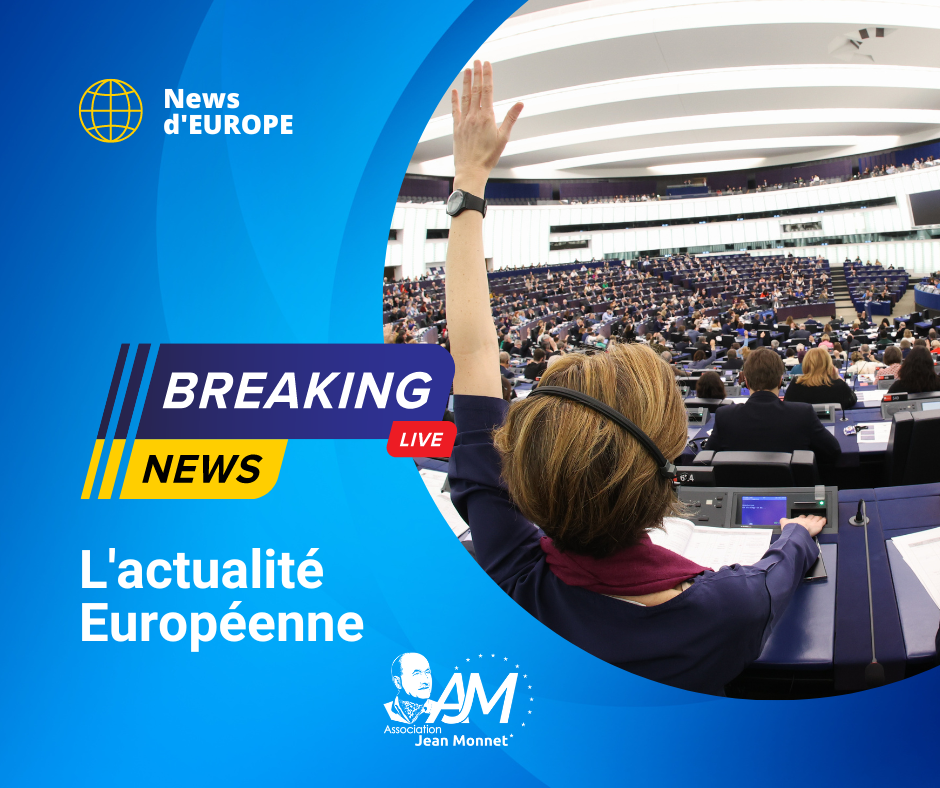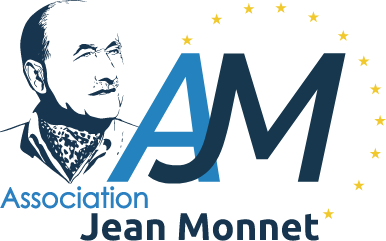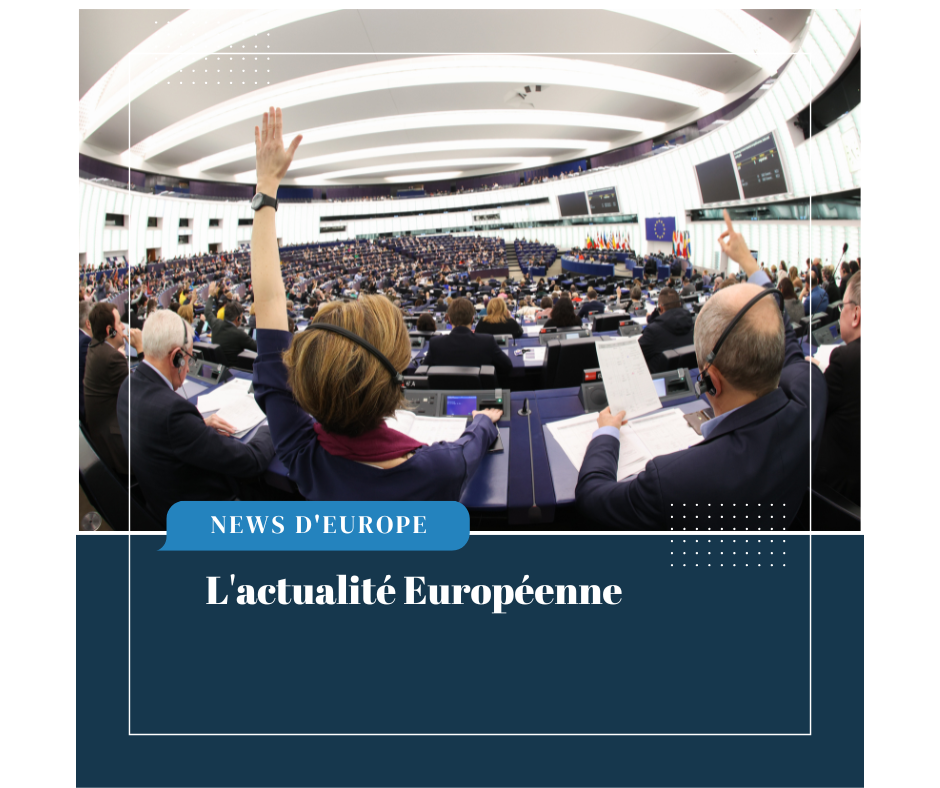by Zacharie Schaerlinger
9 March 2023

News from Europe
27 February 2023
MEPs ready to negotiate legislation to develop the semiconductor industry
The European Parliament is currently negotiating two texts on the development of semiconductor production capacity in Europe. The first regulation aims to strengthen technological capacity and innovation in the EU semiconductor sector. The second text aims to increase investment to develop this type of strategic technology by targeting 20% of the world market. On the first regulation on semiconductors, MEPs approved the Industry Committee's text, which focuses on next-generation chips and the creation of a network of centres to attract new talent to this key sector. MEPs also want to support projects to strengthen the EU's security of supply and resilience by attracting investment and boosting production capacity. A crisis response mechanism will be put in place if European production capacity is threatened. This emergency measure will take the form of prioritising supply for particularly affected companies, or making joint purchases for Member States.
Green Deal Industrial Plan: ensuring EU leadership in clean technologies
MEPs call on the Commission to work on the redeployment, relocation and resettlement of industries in Europe. They stress the importance of strengthening EU production in strategic technologies such as solar and wind energy, heat pumps and batteries. They call for intensified and improved commercialisation of strategic technologies to bridge the gap between innovation and market deployment. For MEPs, the EU's goal must be to ensure European leadership in these strategic technologies and transform its industry to generate quality jobs and sustainable growth. A final point is the securing of critical raw materials and faster authorisation for strategic European projects.
MEPs call for the establishment of a European sovereignty fund to avoid the use of state aid which would fragment the deployment of these industries. This fund should be included in the EU's long-term budget and facilitate private investment. State aid should be simplified and made more flexible, but "in a targeted, temporary and proportionate way, in line with the EU's policy objectives". MEPs want a European solution for all to avoid the largest states with their massive fiscal capacity taking a monopoly on this industrial sector.
Finally, MEPs urge the European Commission to fight against unjustified international state aid. This is the case of the US Inflation Reduction Act (IRA), which discriminates against European companies. MEPs call for European companies to be treated in the same way as their American counterparts.
Violence against women: EU to ratify Istanbul Convention
The Istanbul Convention is the international standard for eliminating gender-based violence, including domestic violence. MEPs condemn attempts by some states to revoke the measures taken and thus limit their application in national law. Six years after signing the Convention, the EU has still not ratified it due to the refusal of some Member States. However, the EU Court of Justice states that the European Union has the possibility to ratify the Convention without the agreement of all Member States. The EU wants to focus on prevention, protection and prosecution, accompanying the criminal procedure, which is only one part of the response to gender violence. MEPs want guidelines to be put in place to raise awareness of gender violence among law enforcement officials and the judiciary.
Agreement to combat greenwashing in the bond markets
EU negotiators have reached an agreement creating the first benchmark for green bonds. The European Green Bond Standard (EuGB), which bond issuers can choose to meet, will allow investors to direct their financial investments towards more sustainable technologies and companies. The standard will allow investors to identify high quality green bonds and companies, to reduce greenwashing and to specify to bond issuers which economic activities can be undertaken with the bond proceeds. Finally, external control processes will improve confidence in these bonds.
Companies that choose to use green bonds will be required to detail their transition strategy and inform investors about possible conflicts of interest, which will have to be managed and communicated in a transparent manner.
Transatlantic Partnership: President von der Leyen in Canada and the US next week
The Commission President will meet with Canadian Prime Minister Justin Trudeau and US President Joe Biden during her visit to Canada and the US from 6-10 March to discuss transatlantic relations, trade, strategic sectoral partnerships and cooperation in support of Ukraine. Ms Von der Leyen will first hold a press conference and then meet with members of the Canadian armed forces (some of whom are in Poland in support of Ukraine). Finally, they will visit a clean technology company. This visit underlines the potential of the EU-Canada partnership on critical technologies and raw materials, which are essential for the climate transition and have become even more strategic since the war in Ukraine. After Canada, the Commission President will visit the United States on 8 March. Transatlantic cooperation is at the heart of the discussions, particularly in the field of clean technologies. The Union's aim is to ensure collaboration between the EU and the United States in terms of innovation and securing supply chains (energy, raw materials, technologies). This objective is all the more essential for the Commission, which has to deal with the American protectionist recovery plan, the Inflation Reduction Act, which penalises European companies in their exports.
EU adopts tenth set of sanctions against Russia*.
This new set of sanctions (the tenth since the beginning of the war) against Russia and its war of aggression against Ukraine, aims to reduce Russia's ability to sustain its war effort. The package of sanctions is aimed at prominent individuals (senior officials, policy makers, military and civil society personnel). Other people are targeted such as the Wagner group for its abuses in Ukraine, but also in Africa. Finally, these measures extend to Iranian personalities who supply drones to the Russian army.
The EU also targets dual-use technology exports to Russia. This includes certain rare earths, electronic components and thermal imaging cameras for military use. In addition, 96 entities associated with the Russian military-industrial complex are added to the sanctions list, bringing the number of sanctioned end-users to 506. The EU has further extended its sanctions on easily diverted goods such as heavy trucks, electrical generators, construction works and industrial parts for aeronautics. These new restrictions are worth €11.4 billion, on top of previous sanctions worth €32.5 billion, which represents 49% of total EU exports to Russia by 2021 figures. High-revenue Russian imports are also subject to sanctions, such as bitumen and rubber. The value of these goods is around €1.3 billion. 90 billion already targeted by the previous measures, they bring the share of Russian imports from the EU subject to sanctions to 58 % for 2021 figures.
In the financial sector, three Russian banks have had their assets frozen and a shipping company from a third country suspected of helping Russia to circumvent the sanctions has been added to the list. Finally, the Russian central bank has been given new obligations to declare its assets. This is essential for the possibility of using these funds for the Russian war effort and possible reconstruction in Ukraine. In order to limit the possibilities of circumventing the sanctions, the EU imposes the obligation to declare frozen assets (including transactions made before the listing) and assets that should be frozen, but also a ban on the transit of dual-use goods and firearms destined for third countries through the territory of Russia. Finally, other Russian media have been added to the list of banned media.
A new way forward on the Ireland and Northern Ireland Protocol: agreement in principle on the Windsor Framework
The European Commission and the UK government have reached a political agreement to settle the dispute over the Northern Ireland question. After the Brexit, Northern Ireland was attached to the EU market to avoid the re-establishment of a physical border between the two countries. As a result, the UK was split in two by a customs border within itself, although its political power continues to apply in Northern Ireland. To avoid unilateral revision of the Northern Ireland Protocol by London, the Commission and the UK reached an agreement. Common solutions have been put in place to protect the European single market and restore the UK's customs uniqueness. This includes new arrangements in the areas of customs, agri-food, medicines, VAT and excise duties, as well as specific instruments to ensure that the voice of the people of Northern Ireland is heard. To this end, the Commission and the UK government have detailed in the new Windsor framework concrete measures: "a balance between flexibility for the movement of goods destined for end use in Northern Ireland and effective safeguards to protect the EU single market"and "a clear distinction between goods that pose a risk of entering the EU single market and those that do not" . In the area of customs, an extended regime based on trusted traders will also be extended to UK traders. Goods carried by trusted traders who are unlikely to enter the EU single market will benefit from simplified procedures. Another area covered by this mechanism is access to medicines for Northern Irish citizens. Here again the solution found is to ensure that these specially labelled products do not enter the EU market. For VAT and excise duties, arrangements have been made for the UK to take over the EU minimum tax rates for Northern Ireland, with the exception of property which is not likely to enter the EU market. For political governance, a special mechanism, the Stormont Brake, has been put in place. It will allow the application in Northern Ireland, at the request of 30 members of the Northern Ireland Legislative Assembly, of provisions amending or replacing provisions of Union law relating to the Protocol which are likely to have a significant and lasting impact on the day-to-day life of the communities living there to be halted. This mechanism will only be applied as a last resort. These solutions put an end to the legal wrangling between the EU and the UK over the Northern Ireland Protocol which had plagued relations between London and Brussels.





